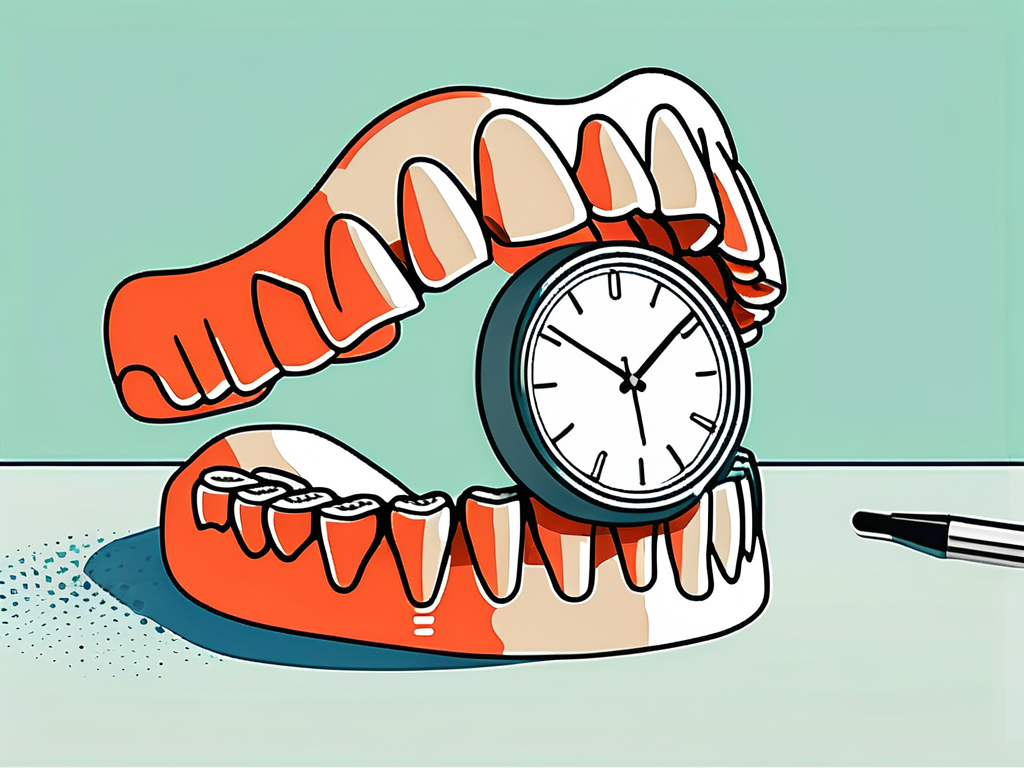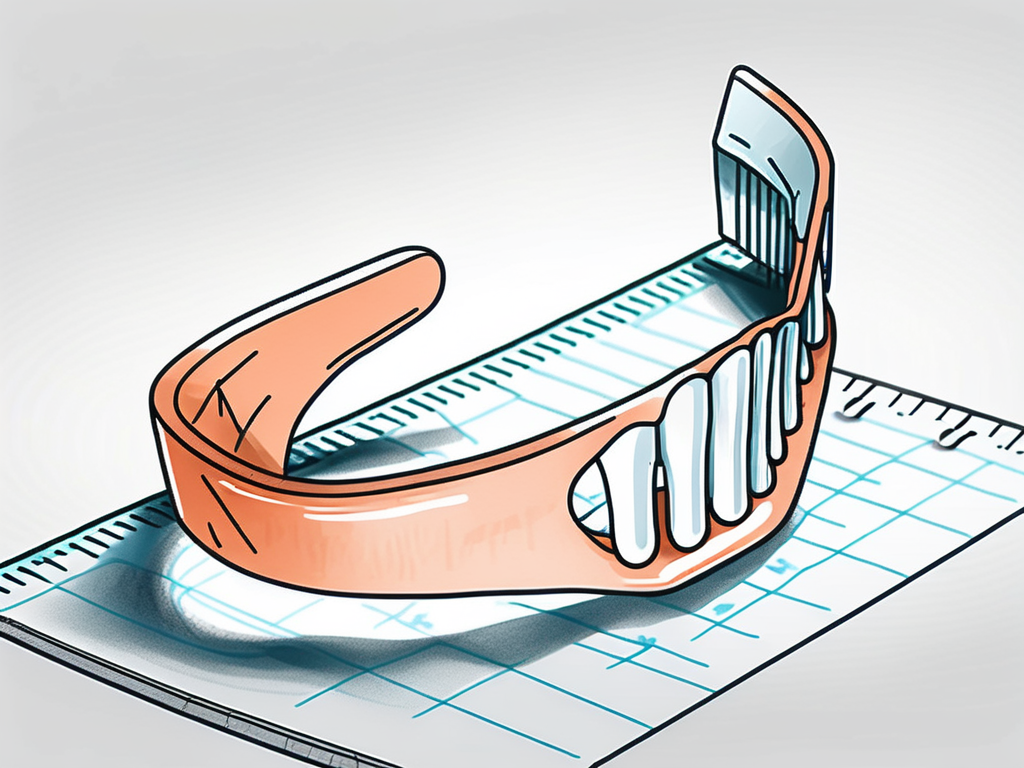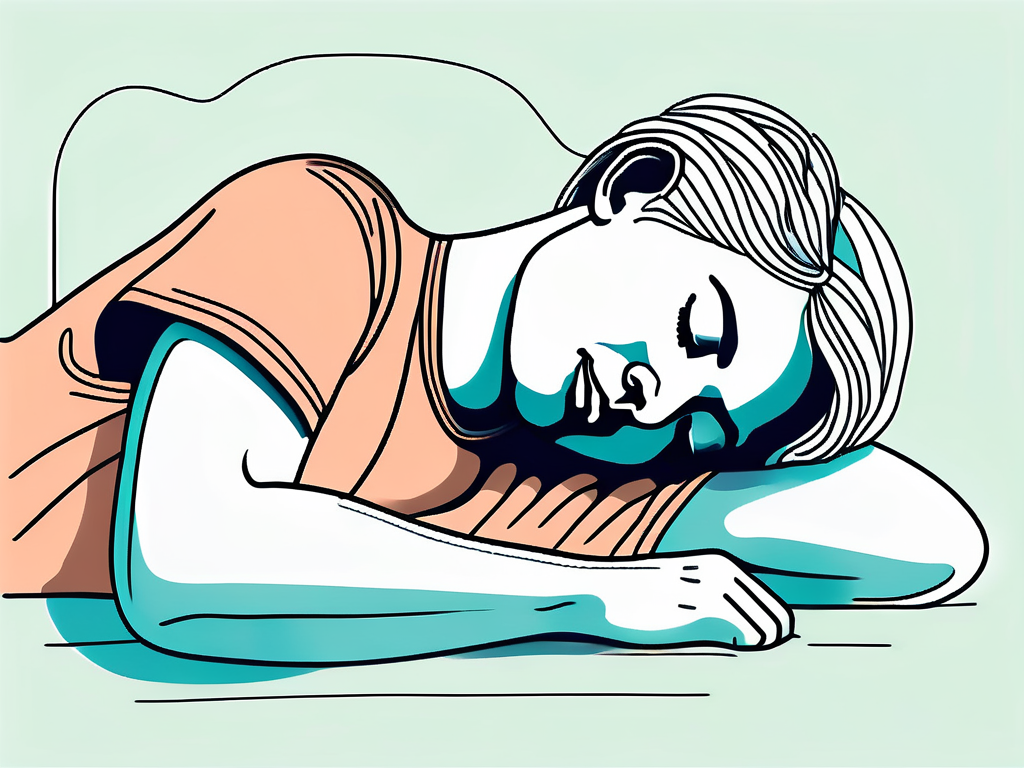Temporomandibular joint (TMJ) disorder is a condition that affects the jaw joint and the muscles surrounding it. It can cause various symptoms such as jaw pain, difficulty in opening or closing the mouth, clicking or popping sounds, and even headaches or earaches. One of the common treatment options for TMJ is the use of mouth guards. In this article, we will delve into the different aspects of TMJ and the duration for which mouth guards should be worn to effectively manage the condition.
Understanding TMJ and Its Symptoms
TMJ, also known as temporomandibular joint disorder, is a condition that affects the hinge joint connecting your jawbone to your skull. It can cause pain and discomfort in the jaw joint and the surrounding muscles. TMJ can result from various factors such as teeth grinding, jaw clenching, arthritis, or injury to the jaw joint.
Common symptoms of TMJ include jaw pain or tenderness, aching facial pain, difficulty in opening or closing the mouth, clicking or popping sounds when chewing or speaking, and even headaches or earaches. These symptoms can range from mild to severe and can significantly impact a person's quality of life.
It's important to note that TMJ can also lead to other issues such as neck pain, shoulder pain, and even tingling sensations in the arms and fingers. The interconnectedness of the jaw joint with surrounding muscles and nerves means that symptoms of TMJ can manifest in various parts of the body, sometimes leading to misdiagnosis or delayed treatment.
Furthermore, stress and anxiety can exacerbate TMJ symptoms, as individuals may unknowingly clench their jaw or grind their teeth as a response to stressors. This added tension on the temporomandibular joint can worsen the condition over time if not addressed.
The Role of Mouth Guards in TMJ Treatment
Mouth guards, also known as occlusal splints or night guards, are dental appliances designed to protect the teeth and jaws from the harmful effects of teeth grinding or jaw clenching. They act as a protective barrier, preventing the surfaces of the teeth from grinding against each other and reducing the strain on the jaw joints and muscles.

There are different types of mouth guards available for TMJ treatment. They can be categorized as temporary or long-term use mouth guards. Temporary use mouth guards are usually made of soft materials and are used during acute episodes of TMJ symptoms. Long-term use mouth guards are typically made of harder materials and are recommended for individuals who experience chronic TMJ symptoms.
Temporary mouth guards are often prescribed to provide immediate relief for patients experiencing acute TMJ pain or discomfort. These soft mouth guards are custom-fitted to the patient's teeth and are worn for a specific period to alleviate symptoms such as jaw pain, headaches, and muscle tension. By creating a cushioning effect between the upper and lower teeth, temporary mouth guards help reduce the impact of teeth grinding and clenching, allowing the jaw muscles to relax and heal.
On the other hand, long-term use mouth guards are designed to address ongoing TMJ issues that persist over time. These durable appliances are crafted from harder materials such as acrylic or laminate, providing more robust protection for individuals with chronic TMJ conditions. Long-term mouth guards are custom-made to fit the patient's bite precisely, promoting proper alignment of the jaw and reducing strain on the temporomandibular joints. By wearing these mouth guards consistently, patients can prevent further damage to their teeth and alleviate persistent TMJ symptoms, improving their overall oral health and quality of life.
Determining the Duration of Mouth Guard Use
Factors Influencing the Length of Use
The duration for which a mouth guard should be worn for TMJ treatment depends on various factors, including the severity of the symptoms, the underlying cause of TMJ, and the individual's response to treatment.

In some cases, temporary use mouth guards may be recommended to alleviate acute symptoms and provide short-term relief. These mouth guards are typically worn during sleep or periods of increased teeth grinding or jaw clenching. The duration of temporary use may vary from a few weeks to several months, depending on the individual's progress and response to treatment.
For individuals with chronic TMJ symptoms, long-term use mouth guards may be prescribed. These mouth guards are custom-made to fit the individual's teeth and jaw, providing optimal protection and support. The duration of long-term use can range from months to years, depending on the severity of the condition and the individual's compliance with the treatment plan.
Typical Duration for Mouth Guard Use
While the duration of mouth guard use can vary from person to person, it is generally recommended to wear the mouth guard consistently, especially during sleep. This allows the muscles to relax and reduces the strain on the jaw joints. The typical duration for wearing a mouth guard can range from 6 to 12 months for acute cases and may extend to several years for chronic cases.
Regular follow-up appointments with the healthcare professional are crucial to monitor the progress and make any necessary adjustments to the treatment plan. It is essential to communicate any changes in symptoms or concerns promptly to ensure the effectiveness of the mouth guard therapy.
During the initial consultation with a healthcare professional, they will conduct a thorough examination to determine the severity of the TMJ symptoms. This may involve assessing the range of motion of the jaw, examining the teeth and bite alignment, and reviewing the patient's medical history. By gathering this information, the healthcare professional can develop a comprehensive treatment plan tailored to the individual's specific needs.
In addition to wearing a mouth guard, other treatment options may be recommended to address the underlying causes of TMJ. These can include physical therapy exercises to strengthen the jaw muscles, stress management techniques to reduce teeth grinding and jaw clenching, and medication to alleviate pain and inflammation. The combination of these approaches can help improve the symptoms and promote long-term relief.
Tips for Using a TMJ Mouth Guard
Proper Cleaning and Maintenance
To ensure the effectiveness and longevity of your TMJ mouth guard, it is crucial to follow proper cleaning and maintenance procedures. Rinse the mouth guard with water after each use to remove any debris or saliva. Use a gentle toothbrush and non-abrasive toothpaste to clean the mouth guard thoroughly. It's important to note that using hot water or harsh chemicals can damage the mouth guard, so stick to mild cleaning agents. Additionally, consider soaking the mouth guard in a denture cleaning solution periodically to keep it fresh and free of bacteria. Store the mouth guard in a clean and dry case when not in use to protect it from damage or contamination. Avoid leaving it in direct sunlight or high temperatures, as this can cause warping or distortion of the material.

Furthermore, inspect your TMJ mouth guard regularly for any signs of wear and tear. Look for cracks, tears, or rough edges that may compromise its effectiveness or cause irritation. If you notice any damage, contact your dental professional to assess whether repairs or a replacement is necessary. Remember, a well-maintained mouth guard not only ensures optimal treatment but also promotes better oral hygiene.
Ensuring a Comfortable Fit
A properly fitted mouth guard is paramount for effective TMJ treatment. Consult with a dental professional who specializes in TMJ treatment to get a custom-made mouth guard that fits comfortably and securely. The mouth guard should cover all the teeth and provide even pressure distribution. You will take precise measurements and impressions of your teeth to create a personalized mouth guard that aligns with your bite and jaw position. Any discomfort or changes in fit should be promptly addressed to ensure optimal treatment outcomes. Remember, a snug and well-fitted mouth guard not only aids in alleviating TMJ symptoms but also promotes better sleep quality by reducing teeth grinding and jaw clenching.
Potential Side Effects and Risks
Possible Discomfort and How to Manage It
It is common to experience some initial discomfort or difficulty speaking or swallowing when wearing a TMJ mouth guard. However, these symptoms typically subside as you get accustomed to wearing the mouth guard. If the discomfort persists or becomes unbearable, consult with your healthcare professional for adjustments or alternative treatment options.













